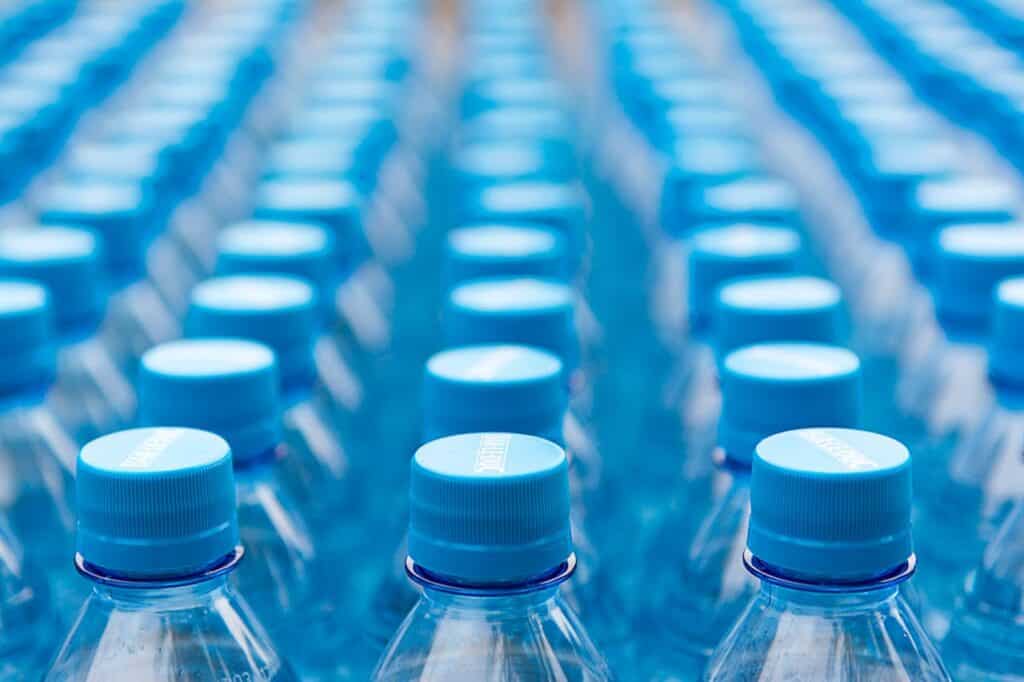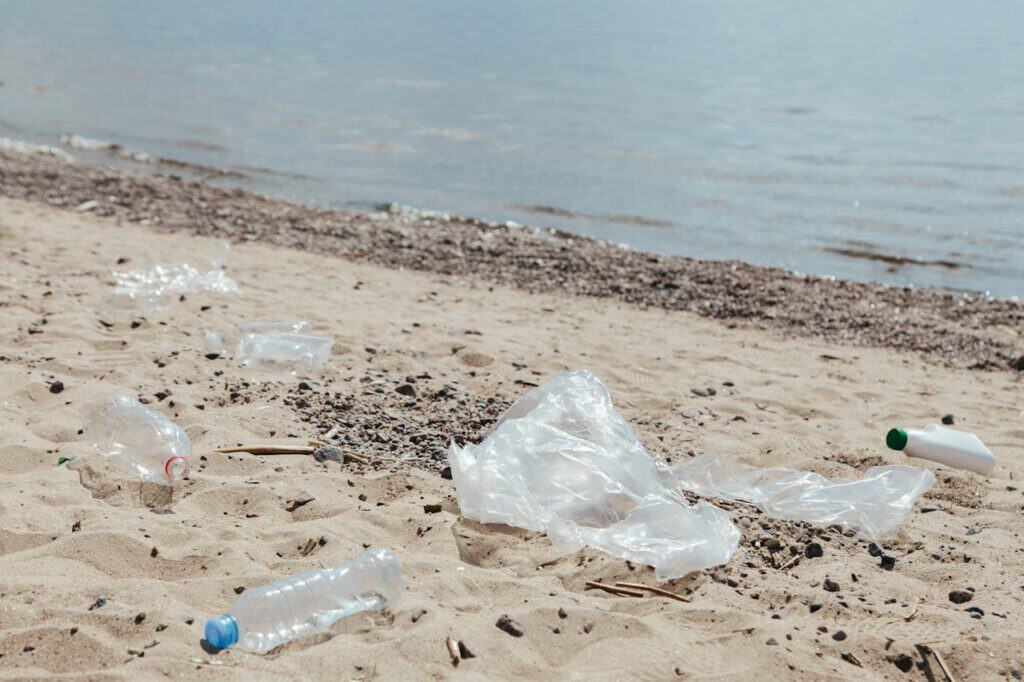Environmentally-friendly practices can go a long way in improving a brand’s image, but they also offer cost-saving measures that can help a construction business grow. In this industry, recycled plastics are becoming more and more common, but how exactly can it be applied to your own contracts and what are the benefits?
Where do recycled plastic products for construction come from?
In most cases, recycled plastic products for construction purposes are made from post-consumer and post-industrial plastic waste from polyethylene, polystyrene and PVC. Many of these recycled plastic products are made from 100% recycled plastic, while others are known as “wood polymer composites” and use a blend of recycled plastic and recycled wood. The materials created can be shaped as needed and are used in a variety of construction-related products.
What recycled plastic products are used in construction?
Some of the most common recycled plastic products in construction are:
- Scaffolding planks
- Decking
- Flooring
- Kerbstones
- Fencing
- Street furniture
- Damp-proof membranes
- Water drainage
- Pipes
- Roofing materials
- Wall materials
- Fascias
What are the benefits of using recycled plastic in construction?
Using recycled plastic in the construction industry is known to improve your brand’s image, promoting your company as a sustainable and eco-friendly company. However, there are also more practical benefits when it comes to the actual construction process.
For instance, recycled plastic products in construction are known for being strong and versatile products that are suitable for many different construction applications. Due to their waterproof nature, flexibility and sturdy nature, they can be used in multiple different applications that replace other traditionally-used materials.
In addition, recycled plastic has the advantage of being lighter than most materials used in construction. This helps to alleviate handling issues and can ease health and safety regulations, while also being cheaper to transport to your site. A great example of these benefits is in the installation or maintenance of kerbstones. When a kerbstone is damaged, it takes heavy machinery, multiple operatives and long delays in order to fix or replace one made of concrete. With recycled plastic kerbstones, they can be handled manually by an operative and replaced with fewer delays.and
Recycled plastic products are also much cheaper than traditional materials when long-term use is considered. With the aforementioned kerbstone example, recycled plastic kerbstones are easier to maintain and replace than concrete, resulting in substantial savings. Plastic fencing is another example of a cost-saving product since it doesn’t require treating or painting, and any wood-related issues such as rot do not apply to recycled plastic fencing, making it far more durable in the long run.
Summary
To conclude, recycled plastic products are already widely used in the construction industry and it’s not just for environmentally-friendly practices. They are practical in every sense of the word, resulting in faster construction and maintenance times, lower costs and flexibility. As time goes on, more uses for recycled plastic and wood polymer composites will be discovered and their use as construction materials will grow exponentially thanks to the overwhelming number of benefits they offer.








